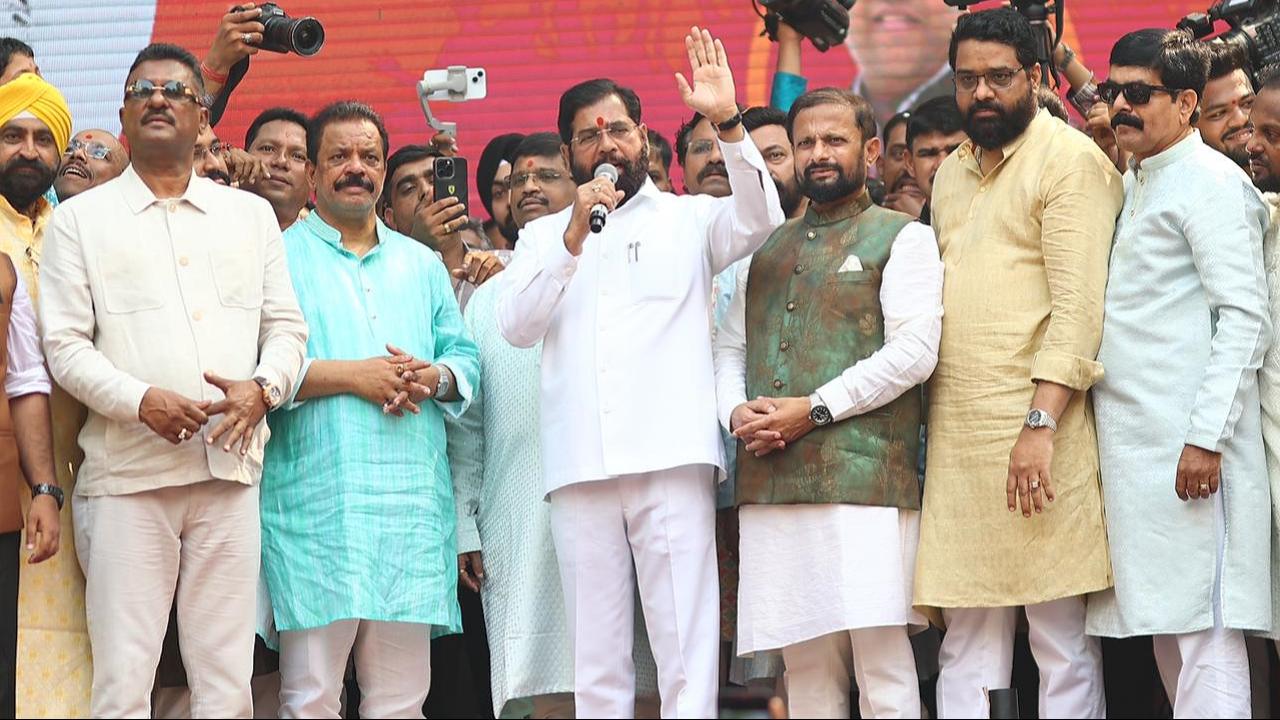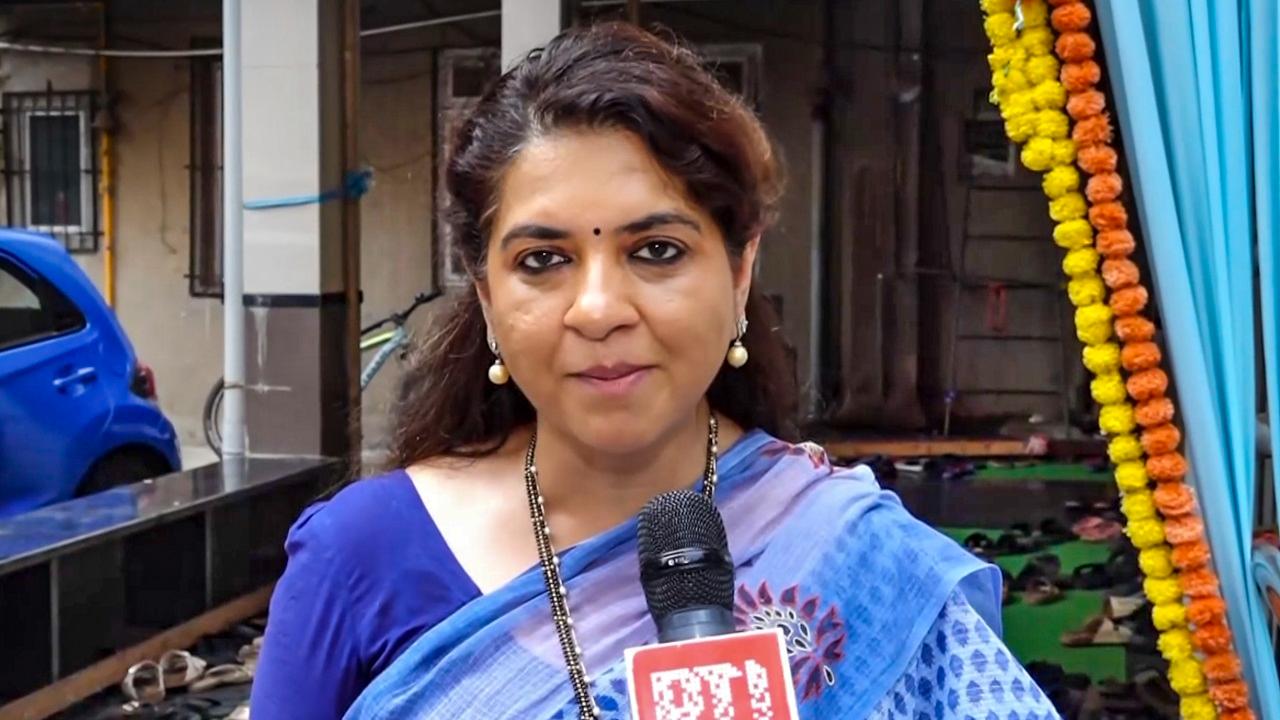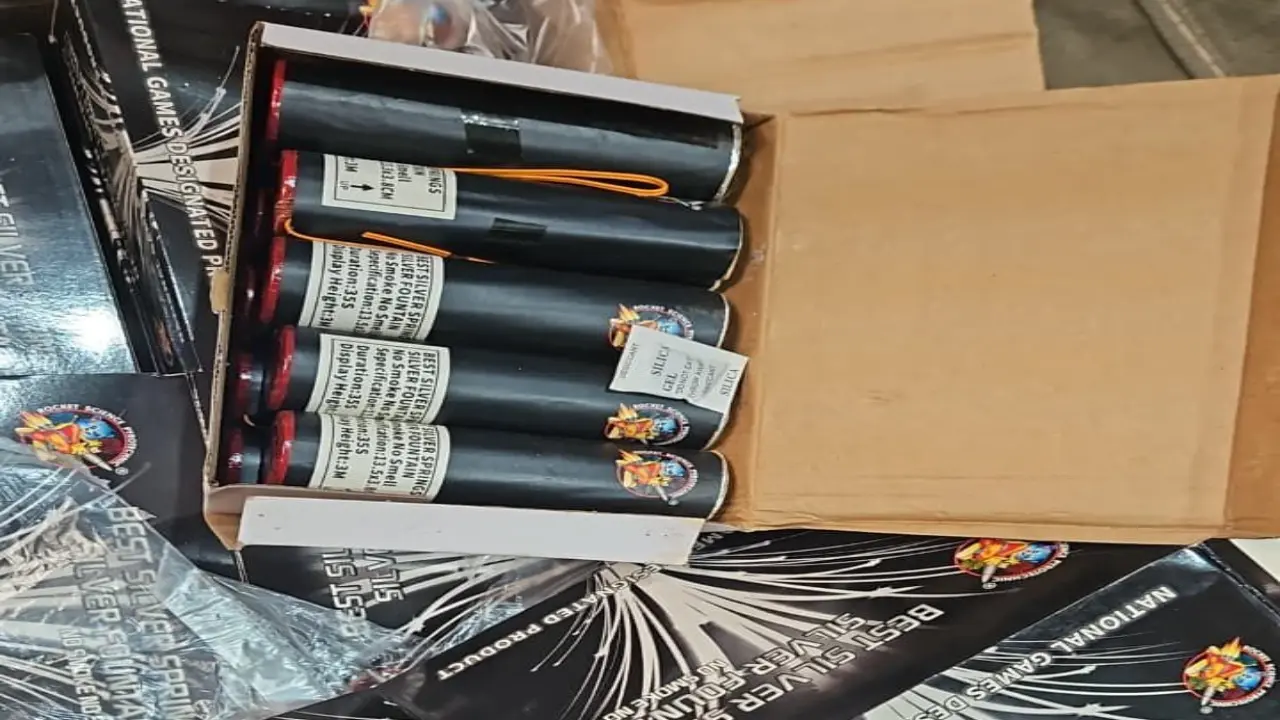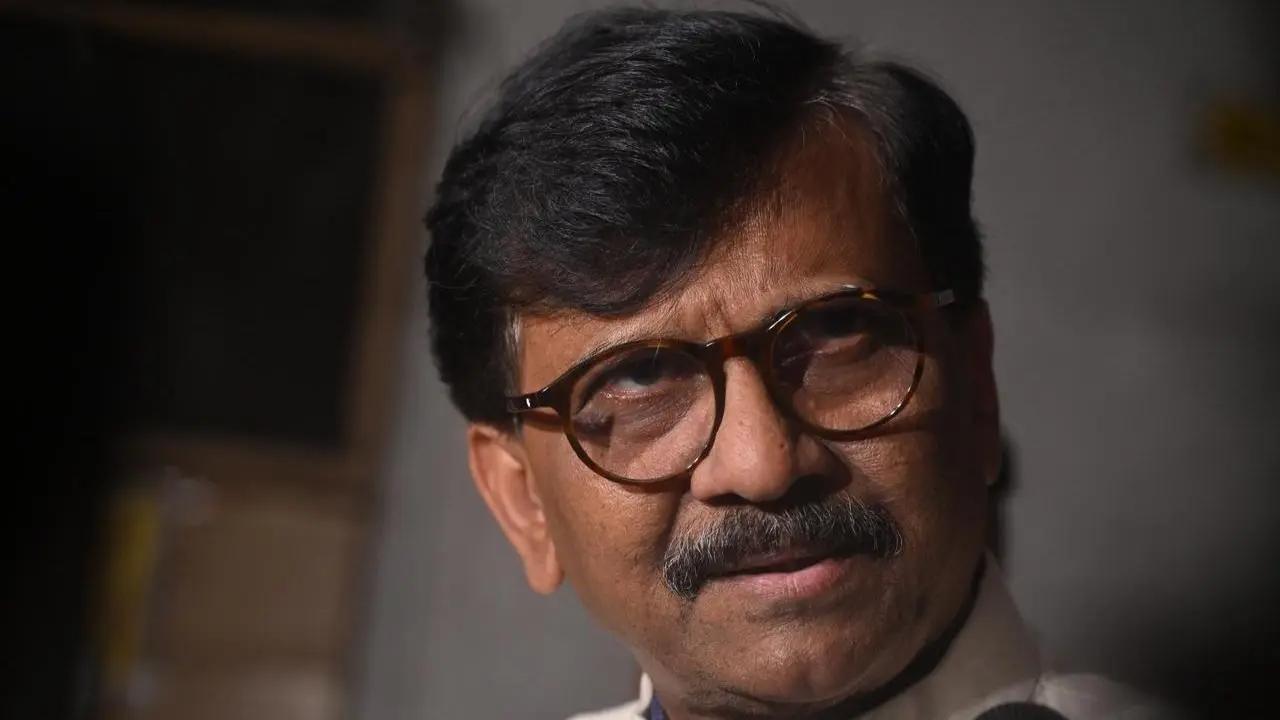A Thane court has acquitted two men accused of a 2023 murder, citing the prosecution`s failure to establish a complete and convincing chain of circumstantial evidence to prove their guilt beyond a reasonable doubt.
According to the news agency PTI, while the court accepted that the victim, Ravindra Pardeshi (49), had died a homicidal death, as confirmed by the postmortem report, a prosecution witness, and the testimony of the deceased`s daughter, Principal District and Sessions Judge S. B. Agrawal noted several critical gaps in the prosecution`s case.
The incident occurred on February 28, 2023, in the Jambhali Naka area of Thane city. According to the prosecution, a dispute over a street stall allegedly led the accused, Dhurupchand alias Dhruv Vishwanath Patwa (35) and Ashraf Hajrat Ali (23), to fatally assault Pardeshi with a chopper and an iron hammer. The victim was found in a pool of blood by his family and was declared dead at the hospital.
The accused were charged under Sections 302 (murder) and 34 (common intention) of the Indian Penal Code, along with relevant provisions of the Arms Act and the Maharashtra Police Act.
In his ruling dated October 17 (made public on Monday), Judge Agrawal highlighted significant shortcomings in the prosecution`s evidence, according to the news agency PTI.
According to the PTI, the court noted that the CCTV footage merely showed the accused in the vicinity of the crime scene but failed to directly link them to the murder, thereby limiting its evidentiary value. Additionally, an extra-judicial confession, purportedly made on the day of the incident, was recorded only nine days later without any explanation for the delay, raising questions about its reliability.
The prosecution also failed to convincingly establish the recovery and purchase of the alleged murder weapons, a chopper and a hammer. Furthermore, chemical analysis reports did not conclusively detect any blood on the weapons or the accused’s clothing, further weakening the case.
Given these deficiencies, the judge concluded that the prosecution had not established the accused`s guilt with the level of certainty required in a criminal trial, leading to their acquittal.
(With inputs from PTI)











